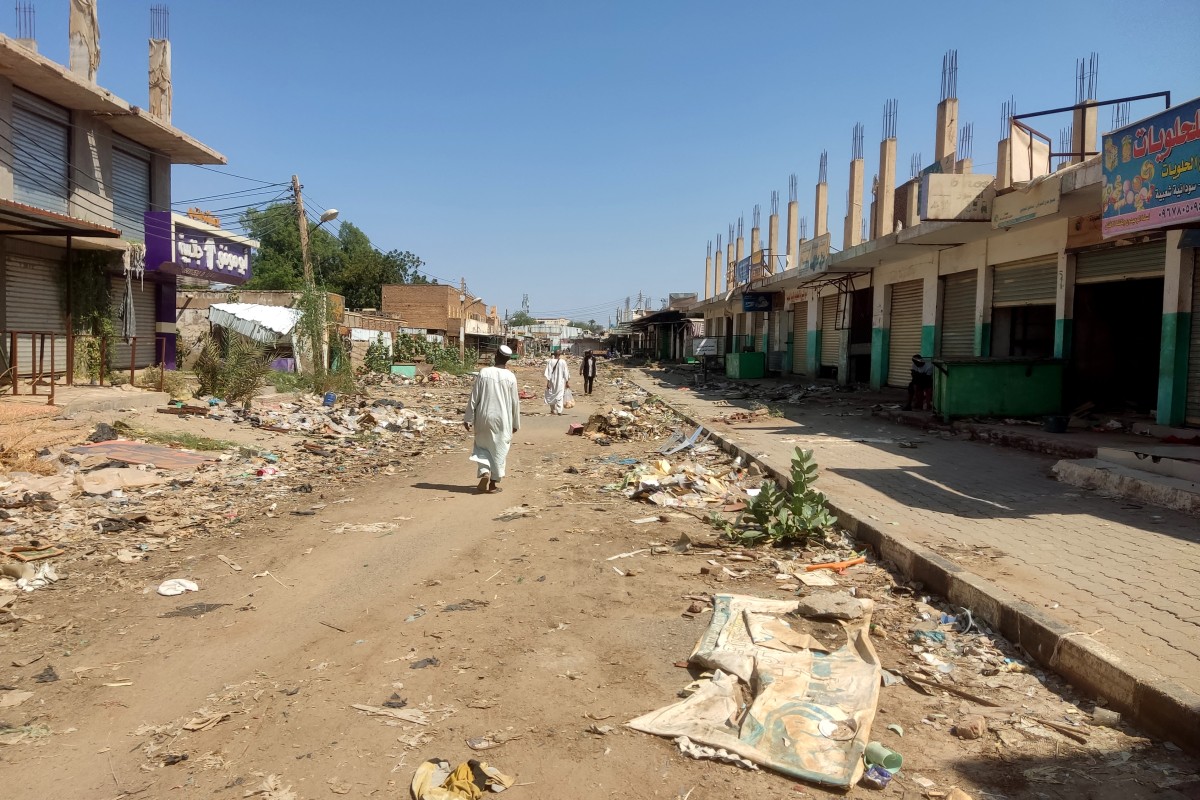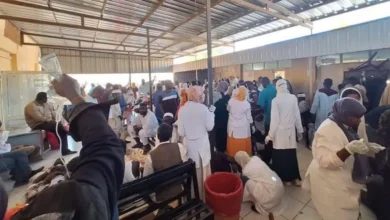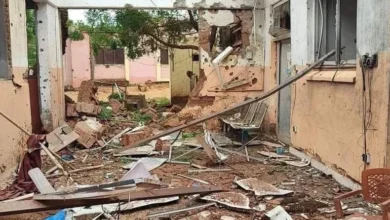Return of Khartoum Employees Collides with a “Complex Life Equation”
Mashawir – Agencies

Despite the Sudanese government’s call for civil servants in Khartoum to resume their duties after declaring the capital free of Rapid Support Forces (RSF) presence, many believe that implementing this decision is nearly impossible given that the living conditions in Khartoum State remain uninhabitable. Massive destruction to infrastructure has paralyzed essential services such as electricity, water, healthcare, and education, while widespread looting and theft have stripped most residents of their belongings — leaving them unable to rebuild their lives amid severe economic hardship.
Reconstruction Phase
Prime Minister Kamel Idris urged the resumption of government operations from the capital, emphasizing the need to overcome existing obstacles. He noted that some ministries, such as the Ministry of Interior, have resumed work using solar energy after the main power stations were looted, vandalized, and rendered inoperative.
Meanwhile, Khartoum State Governor Ahmed Osman Hamza appealed to citizens to return and help revive life in the capital, noting that government and community efforts are underway to restore services and rebuild infrastructure damaged by war — despite technical and financial challenges.
The Khartoum State Government officially ended the open leave granted to employees since April 2023, setting mid-June as the final deadline for their return. Authorities stated that the decision was driven by the reconstruction phase and the urgent need for human resources to restart public institutions, granting employees a short grace period to settle their living conditions.
However, the United Nations has declared that Khartoum remains unsafe for resuming activities. The UN Department of Safety and Security reported that central Khartoum suffers extensive war damage and is unlikely to be accessible before January 2026 due to large quantities of explosives and war debris, in addition to




